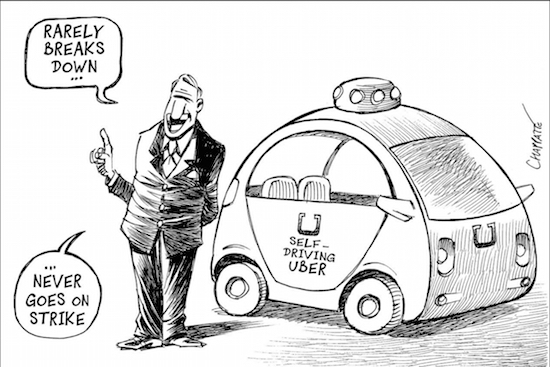OPINION: Will a Tesla rival win the race to offer self-driving cars?

An upstart electric carmaker plans to release by late 2018 a luxury sedan capable of reaching 400 miles on a single charge and driving itself.
California-based Lucid Motors and its first high-end electric vehicle, the Air, has drawn comparisons to Tesla and its Model S, which boasts 330 miles on a single charge and an Autopilot semi-autonomous driving system. But Lucid executives see themselves in competition with all the top luxury automakers, including Audi and Mercedes-Benz.
Indeed, if Lucid starts to build its fully autonomous cars by 2018, it could be the first carmaker to offer a self-driving car to consumers. Tesla has also promised full autonomy in its cars by 2017. But analysts have doubted that the technology will actually be ready by then.

Brooklyn Boro
View MoreNew York City’s most populous borough, Brooklyn, is home to nearly 2.6 million residents. If Brooklyn were an independent city it would be the fourth largest city in the United States. While Brooklyn has become the epitome of ‘cool and hip’ in recent years, for those that were born here, raised families here and improved communities over the years, Brooklyn has never been ‘uncool’.